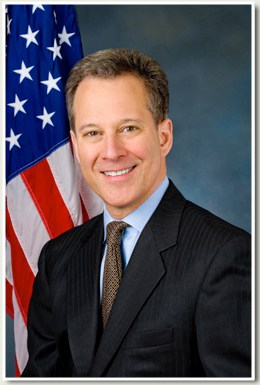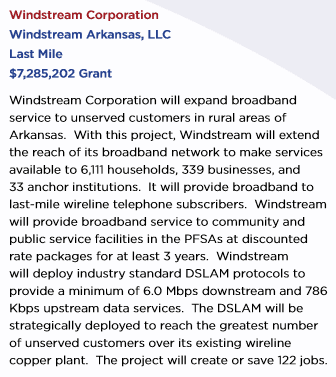 Just how bad is your cable company?
Just how bad is your cable company?
Apparently pretty bad, considering the number of viral videos and guerrilla campaigns being launched against the industry these days, and Time Warner Cable in particular.
“Time Warner Cable Customer Service” is a group that has already heard from Time Warner Cable’s legal team about the cable operator’s trademarks and the potential for apparent “customer confusion.” The parodists might be at risk of losing their domain name, have already had their YouTube and Twitter accounts suspended, and have been told they are not allowed to record any phone calls with Time Warner Cable employees (although the company is allowed to record them… and you.)
What has the cable operator so upset? This:

[flv width=”640″ height=”380″]http://www.phillipdampier.com/video/Time Warner Cable What Can We Do Worse 4-13.flv[/flv]
Members of “Time Warner Cable Customer Service” take to the streets of Manhattan asking passersby what can the cable company do worse. Then they invade a Time Warner Cable store…. (Warning: Adult Language – NSFW) (3 minutes)
[flv width=”640″ height=”380″]http://www.phillipdampier.com/video/Honest Cable Company 4-13.flv[/flv]
Another group decided a more general parody was in order. The “First Honest Cable Company” provides full disclosure about your cable service and what they really think of you. (Warning: Adult Language – NSFW) (2 minutes)


 Subscribe
Subscribe In a rebranding effort some Time Warner Cable employees and viewers are fuming about, all 17 of the cable company’s local news operations including YNN (Upstate NY), NY1 (NYC), and News 14 (the Carolinas) will be renamed “Time Warner Cable News” by the end of this year.
In a rebranding effort some Time Warner Cable employees and viewers are fuming about, all 17 of the cable company’s local news operations including YNN (Upstate NY), NY1 (NYC), and News 14 (the Carolinas) will be renamed “Time Warner Cable News” by the end of this year.
 But critics of the change note most of Time Warner’s local news channels have relentlessly pounded home the channel is only available on Time Warner Cable — never on FiOS, satellite, or U-verse — for years.
But critics of the change note most of Time Warner’s local news channels have relentlessly pounded home the channel is only available on Time Warner Cable — never on FiOS, satellite, or U-verse — for years. Time Warner Cable has signed exclusive marketing deals with two apartment complexes on Staten Island that will give the cable company the sole right to pitch television, Internet, and phone services to residents. Aside from this, details like those crucial
Time Warner Cable has signed exclusive marketing deals with two apartment complexes on Staten Island that will give the cable company the sole right to pitch television, Internet, and phone services to residents. Aside from this, details like those crucial  The deal will not prevent Verizon’s FiOS fiber-to-the-home network from being available to residents in the future, but such marketing agreements can discourage residents from signing up with a competitor. Engaging with
The deal will not prevent Verizon’s FiOS fiber-to-the-home network from being available to residents in the future, but such marketing agreements can discourage residents from signing up with a competitor. Engaging with 


